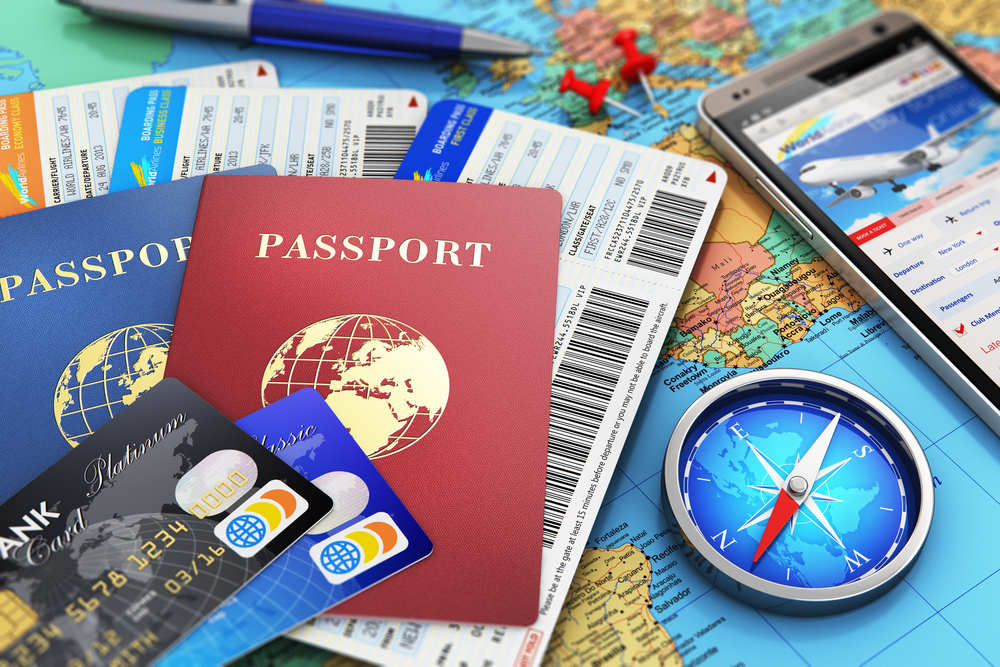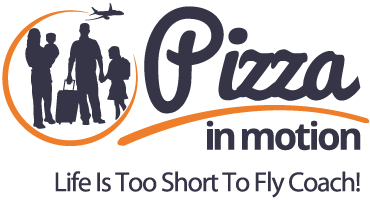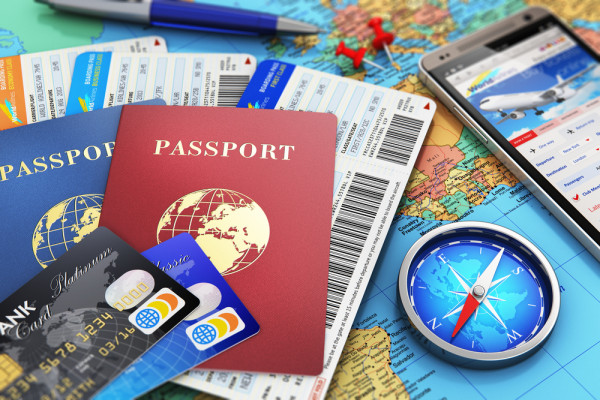When Is A Mistake (Fare) Not A Mistake?

Mistake fares have been an exciting gambit over the past few years. Whether it was $400 tickets to China, or the United “Krone Krime” fares, there are plenty of examples just in this calendar year.
For the last few years, the DOT has had regulations in place that require an airline to honor mistake fares. Though that wasn’t the original intention of the language, it was largely used to prevent the airlines from raising prices on mistake fares.
Now, the DOT has set aside its own rule while it decides what to do next. This is not surprising given recent public comments, including how they made the determination on the United Krone fares. Here’s how they lay out their interim position:
The Assistant General Counsel has decided not to enforce section 399.88 with respect to mistaken fares while the Department completes the aforementioned rulemaking process. As a matter of prosecutorial discretion, the Enforcement Office will not enforce the requirement of section 399.88 with regard to mistaken fares occurring on or after the date of this notice so long as the airline or seller of air transportation: (1) demonstrates that the fare was a mistaken fare4; and (2) reimburses all consumers who purchased a mistaken fare ticket for any reasonable, actual, and verifiable out-of-pocket expenses that were made in reliance upon the ticket purchase, in addition to refunding the purchase price of the ticket. These expenses include, but are not limited to, non-refundable hotel reservations, destination tour packages or activities, cancellation fees for non-refundable connecting air travel and visa or other international travel fees. The airline may ask the consumer requesting out-of-pocket expenses to provide evidence (i.e. receipts or proof of cancellations) of actual costs incurred by the consumer. In essence, the airline or seller of air transportation is required to make the consumer “whole” by restoring the consumer to the position he or she was in prior to the purchase of the mistaken fare.
I have a few thoughts here:
- Only a government entity (or some other bloated bureaucracy) could come up with something so utterly enforceable. Now, instead of handling appeals for mistake fares, the DOT can read complaints from customers who rush out to book a non-cancelable hotel the moment they book a mistake fare? We all know there’s more than one person who’s going to try that.
- I don’t think the DOT should be providing cover for the airlines on this issue. Either the DOT should regulate post-purchase price increases, or they shouldn’t. Trying to tiptoe a line where they only regulate what they want isn’t even close to good policy. The sandbox carriers routinely sell seats on their planes for not much more than fuel surcharges and other fees, so it’s not like this is never intentionally done. How is the customer supposed to rely on whether they have a valid ticket?
- If an airline sells a ticket for any amount of money greater than $0 (all-in), the customer pays the amount requested and the airline issues a ticket, I believe that to be a binding contract. After that point, the airlines should not be able to terminate that contract. I’ve heard some smart folks mention a 24-hour “cooling off period” for mistake fares. If this were applied consistently in all instances (meaning customers should have 24 hours to cancel as well, even if they held the fare), I wouldn’t hate it. But, it still baffles me how the airlines want a do-over when they make a mistake. The customer’s not allowed to terminate the contract after 24-hours without a penalty. The airline shouldn’t be allowed to either. In this instance, the DOT is saying the “penalty” is making the customer whole. But, if I don’t prepay my hotel reservation, they can cancel my ticket without penalty a month after I buy it? Again, I can’t cancel my airline ticket a month later without penalty.
- I’m not sure the DOT should be the ones regulating this matter, anyways. This really feels more like a matter for small claims court. That might seem overly burdensome for the airline and/or customers, but I can’t imagine the DOT is staffed to handle these complaints in a timely and effective manner. And, if they are, I think I’d rather they were working on things like regulations to make the transportation of hazardous materials (oil) safer by train or other significantly more important matters.
FWIW, as someone who’s won and lost my fair share on mistake fares, I actually do view the process of purchasing one as buying a lottery ticket. If I actually get to fly to some far-off destination for $400, that’s great. If not, I’m no worse off. But, I don’t think the DOT is doing any favors with this new position. Well, except the airlines.
The post When Is A Mistake (Fare) Not A Mistake? was published first on Pizza In Motion.
Don’t miss any of the daily travel tips, tricks and strategies found here. Follow me using one of these options:


I definitely think a short time limit for identifying a fare as a mistake is appropriate, but no, I don’t think airlines should be forced to lose millions on somebody’s fat finger goof. I agree the stated intermediate regulatory framework is absurd, and the sooner it’s history the better.
Dave, the amount really shouldn’t matter (whether the airlines lose millions of dollars or tens of dollars). If Amazon plugs the price in for a $500 iPad at $475 and you buy it, should they be able to terminate the contract if you don’t agree to pay them an extra $25? What if they marked it down to $450 by mistake? Or $100?
What if you order a wedding cake and have a signed contract with the caterer to provide it for $1,000? On the day of the wedding, the caterer says they were mistaken and they need to charge you $10,000. Should you have recourse? Same as an airline ticket, you haven’t consumed the deliverable yet. In short, why should airlines get more protection from their own mistakes than other businesses in a free market?